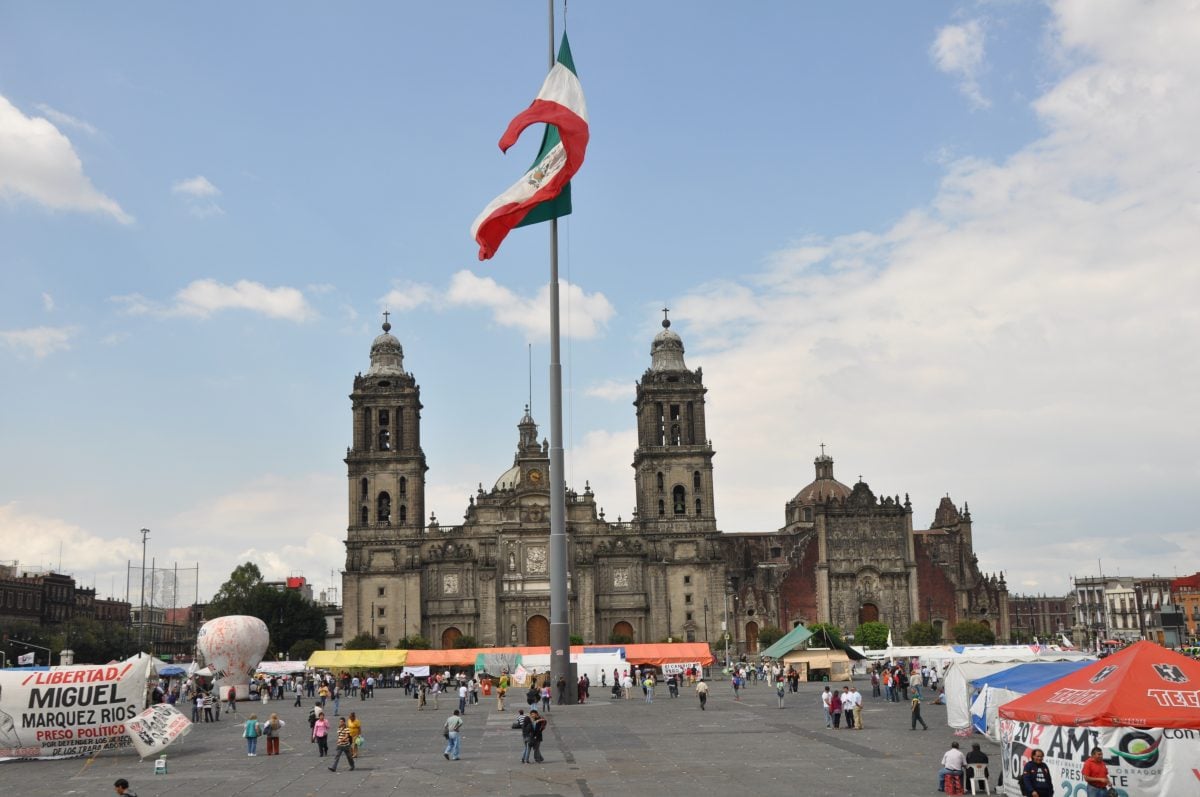In brief
After a long legislative process, a new Brazilian Federal law on cartel damages claims was enacted and entered into force (Law No. 14.470/2022) on 17 November 2022. The statute comes with new provisions that are expected to significantly increase incentives for these lawsuits in Brazil.
According to the new statute, those who suffered damages due to cartel agreements and concerted practices affecting Brazilian markets will be able to reclaim twice the value of their losses.
Nonetheless, there are also specific rules allowing companies that execute leniency and settlement agreements with the Brazilian competition authority, CADE, to keep their incentives and avoid resorting to such negotiated solutions in administrative investigations. First of all, they will only be liable for single, not double, damages. Moreover, these companies shall only be responsible for damages they have individually caused.
Law No. 14.470/2022 further settles existing divergences on the applicable statute of limitations by explicitly providing that the victims have five years to sue, counted as of CADE’s final decision.
It also provides that the burden of proof falls on the defendants to demonstrate that they did not benefit from the collusive agreement in case they claim that price surcharges were transferred to downstream links in the productive chain (the so called “pass-on defense”).
The new law only applies to lawsuits brought before civil courts. Thus, existing rules on administrative and penal proceedings relating to cartel conducts remain unchanged.
Finally, despite its good intentions, we anticipate several issues concerning the new statute that may raise debates before the judiciary. The main ones are the following: a) the potential impacts of the lack of foreseeability on the compensation amount (due to challenges in quantifying damages, and the possibility of compensation for direct and indirect losses) on the incentives for the execution of leniency agreements; b) the uncertainty concerning the applicable methodology for quantifying damages; c) the overlap of non-pecuniary compensation (which has a disciplinary legal status in Brazil) and antitrust penalties; and d) the initial term of the statute of limitation, and the technical impropriety of the absence of differentiation between stand-alone actions (unrelated to a previous assessment made by CADE) and follow-on lawsuits (those filed after a fining decision issued by CADE).
Our Antitrust and Litigation teams are available to further discuss this topic.
* * * * *

Trench Rossi Watanabe and Baker McKenzie have executed a strategic cooperation agreement for consulting on foreign law.






